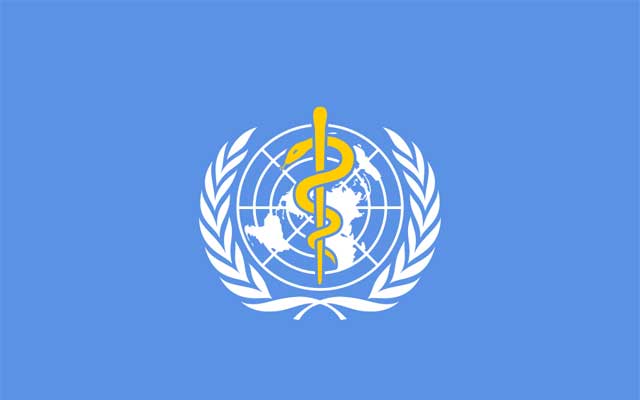
Talk about depression, strengthen depression-related services: WHO
WHO calls on individuals, communities and countries to talk more openly about depression and scale up the quality and reach of mental health services to prevent untold hardships and precious lives being cut short by depression, a condition that can be easily treated.
“Depression is an issue that needs to be heard. It can affect anyone at any stage of life, impacting relationships, work and social interactions, and impeding our ability to live life to its fullest, whatever culture or community we belong to. Depression can be managed and overcome,” Dr Poonam Khetrapal Singh, Regional Director, WHO South-East Asia, said on the occasion of World Health Day, celebrated on April 7 every year.
The World Health Day this year focuses on depression, a condition that involves persistent sadness or loss of interest or pleasure in things normally enjoyed. Talking about depression and raising awareness of its signs and symptoms can help people seek and get care, whether through informal support networks or the health system.
“By talking about depression more openly, and by better understanding the sign and symptoms of the condition, we are in a stronger position to help ourselves if we experience depression-like symptoms. We are also better placed to support colleagues, friends or loved ones that may have depression,” Dr Khetrapal Singh said.
Though depression affects all demographic groups, it is more commonly experienced by adolescents and young adults, women of childbearing age (particularly following childbirth), and adults over the age of 60.
Depression can also lead to suicide, which is the second highest cause of death among 15-29 year olds in the Region.
Depression often expresses itself as disturbed sleep or loss of appetite, feelings of guilt or low self-worth, or feelings of tiredness and lethargy. It may also manifest as agitation or physical restlessness, substance abuse, reduced concentration and suicidal thoughts or acts.
Acknowledging efforts being made by countries in the Region, Dr Khetrapal Singh said mental health has been among the top ten health priorities in Bangladesh, Bhutan, Indonesia, Maldives and Sri Lanka in recent years. Eight of the 11 member countries have mental health policies or plans. She complimented India for its recent legislation that decriminalizes suicide and seeks to provide health care and services for persons with mental health conditions.
“People experiencing depression often find a range of evidence-based coping mechanisms useful, from talking to someone they trust to exercising regularly or staying connected with loved ones. Avoiding or restricting alcohol intake and refraining from using illicit drugs helps keep depression at bay. But many people also find professional help an important part of managing the condition, particularly in terms of exploring treatment options,” she said.
Dr Khetrapal Singh emphasized how support for persons experiencing depression is vitally important, outlining how each of us can play a positive role.
“Listening without judgment and finding out more about depression is a great way to support someone with depression. We may also help them with everyday tasks, encourage eating and sleeping patterns, and join them for an exercise session such as yoga. If they are thinking about self-harm, we can seek professional medical help and stay by their side when they need our love and support most,” she said.
Depression-related health services across the Region must be made more accessible and of higher quality, and this is possible even in low- and middle-income settings, she said.
The Regional Director said that health care workers at all levels can be better trained to detect the signs and symptoms of depression; community health facilities can be better integrated with national mental health networks; and a greater proportion of health funds can be allocated toward mental health services, adding that at present less than 1% of total government health expenditure in low- and middle-income countries is allocated to mental health.
“Depression is a society-wide issue, and one that requires society-wide solutions. Each one of us must speak about depression openly and maturely, be aware of its signs and symptoms, and be able to access high-quality mental health services. This World Health Day, let’s turn a new chapter in our understanding and approach towards this pressing public health issue,” Dr Khetrapal Singh said.
World Health Day is celebrated on April 7 every year to mark the anniversary of the founding of WHO in 1948.
Each year a theme is selected that highlights a priority area of public health. The Day provides an opportunity for individuals in every community to get involved in activities that can lead to better physical and mental health.
Support Our Journalism
We cannot do without you.. your contribution supports unbiased journalism
IBNS is not driven by any ism- not wokeism, not racism, not skewed secularism, not hyper right-wing or left liberal ideals, nor by any hardline religious beliefs or hyper nationalism. We want to serve you good old objective news, as they are. We do not judge or preach. We let people decide for themselves. We only try to present factual and well-sourced news.







